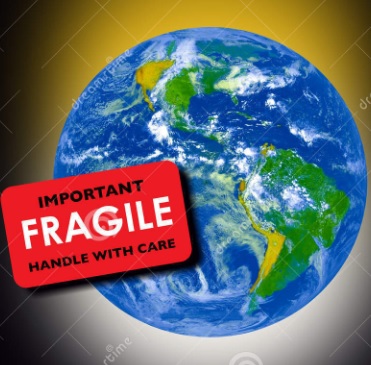
The U.S. has led the most aggressive sanctions regime ever in its efforts to punish Russia. But, a large part of the rest of the world has refused to join the U.S./EU/NATO financial sanctions. This was best evidenced at the recent G20 finance ministers summit conference held in Bengaluru, India, writes James G. Rickards, an American lawyer, economist, and investment banker, the editor of Strategic Intelligence; he has contributed as an advisor on capital markets to the U.S. intelligence community, and at the Office of the Secretary of Defense in the Pentagon.
The first round of financial targets, Rickards explains, included obvious attacks such as freezing the U.S. dollar accounts of Russian banks and oligarchs. The second round raised the ante by freezing the dollar accounts of the Central Bank of Russia itself. This was unprecedented except in the case of rogue states such as Iran, North Korea and Syria.
The sanctions went beyond finance and banking to include bans on Russian exports, freezing Russia out of insurance markets (as a way to effectively prohibit oil shipments) and bans on critical exports to Russia including high-tech equipment, semiconductors and popular consumer goods.
The U.S. knew that it could count on vassal states such as Germany, France, Japan, and the UK to go along with the sanctions. The G20 finance ministers conference was the perfect place to firm up the cooperation and gain consensus from important countries such as Brazil, India, China, and Saudi Arabia.
U.S. Treasury Secretary Janet Yellen attended the G20 event and pushed hard to form a united front of all participants against Russia. She failed.
Key economic players such as China and India refused to endorse the proposed final statement. For only the second time in its history, the G20 was unable to issue a final communique reflecting the consensus of the participants. There was no consensus.
The U.S. may be the world’s largest economy ($25 trillion), but its share of global GDP measured as a percentage of the total has been shrinking even as large developing economies including India, Brazil, China and Indonesia keep coming up in the ranks.
In fact, the world’s four largest developing economies (China, India, Russia and Iran) have a combined GDP larger than the United States. When the next three (Brazil, Mexico and Indonesia) are included as part of this developing economy G7, the gap over the U.S. grows by another $4.6 trillion.
Collectively, they’re far too big to ignore.
The fact is, the world is far more fractured than the U.S. anticipated. It’s not that these countries necessarily support Russia’s invasion. It’s just that they don’t want U.S. sanctions to disrupt their trading relationships with Russia, which they depend on. They’re not willing to harm their economies over something that has no bearing on them, on the other side of the world in many instances.
Look at India and China. They’re the biggest buyers of the oil that Russia might otherwise have sold to Europe. China itself is selling automobiles, semiconductors, and machinery to Russia.
Meanwhile, Turkey has greatly expanded its exports to Russia, while Iran is selling weapons to Russia including “kamikaze” drones that act like slow-motion cruise missiles that can linger over targets.
And importantly, the more these neutral economies trade with Russia, the less any of them will need U.S. dollars as a medium of exchange. So, the U.S. sanctions are not only failing, they’re contributing to the long-term decline of the dollar as the world’s leading payment currency.
This is a good example of what I warned about a year ago shortly after the Russian invasion. Not only have the sanctions failed (Russian growth has greatly exceeded expectations and the Russian ruble is stronger than before the war began), but they have boomeranged on the U.S. and its partners.
But escalation on the financial and economic fronts is equally dangerous and could contribute to a global recession. U.S. policymakers seem to be too dumb and too shortsighted to consider either prospect, stresses James Rickards.
read more in our Telegram-channel https://t.me/The_International_Affairs

 11:30 15.03.2023 •
11:30 15.03.2023 •






















